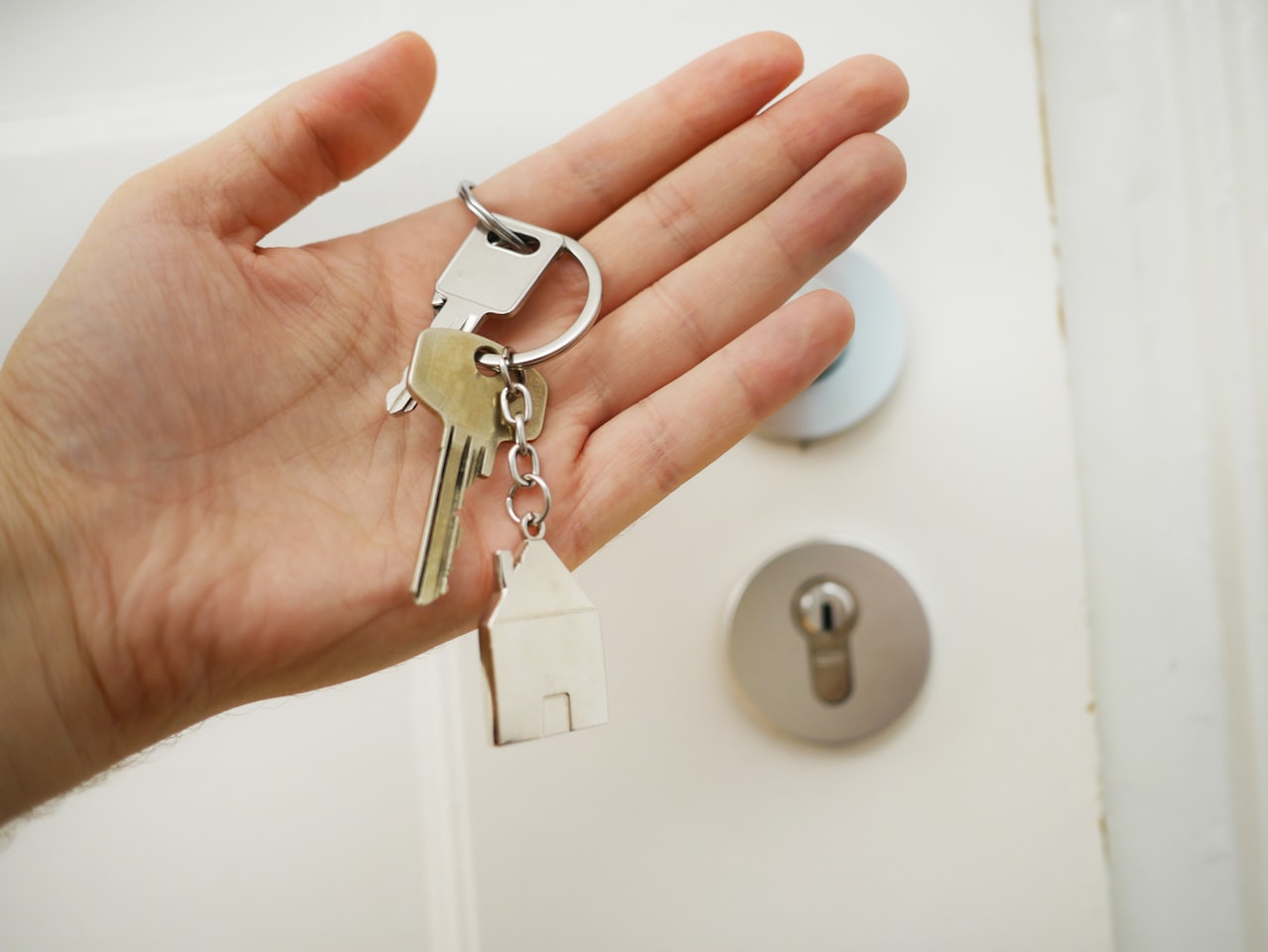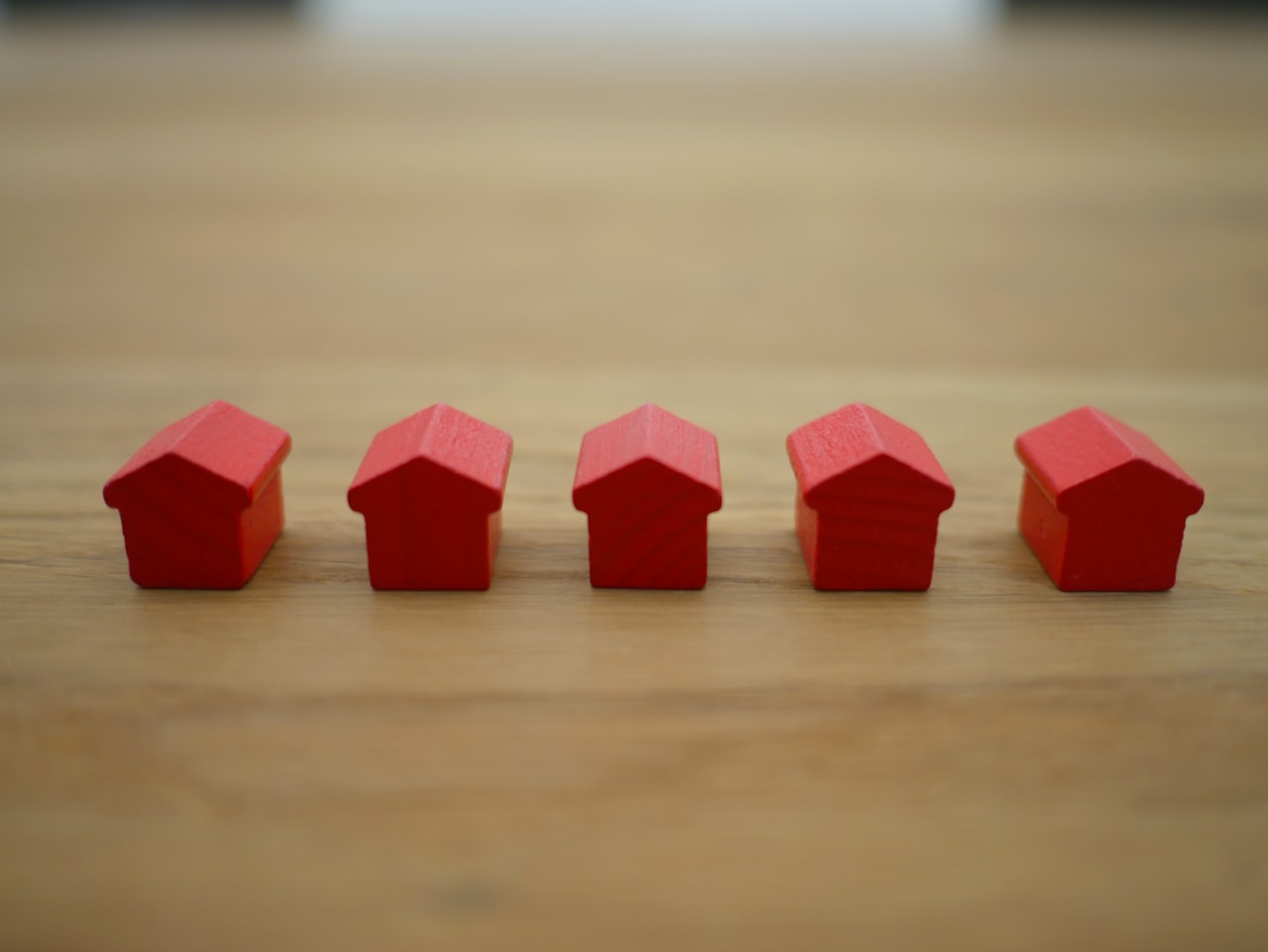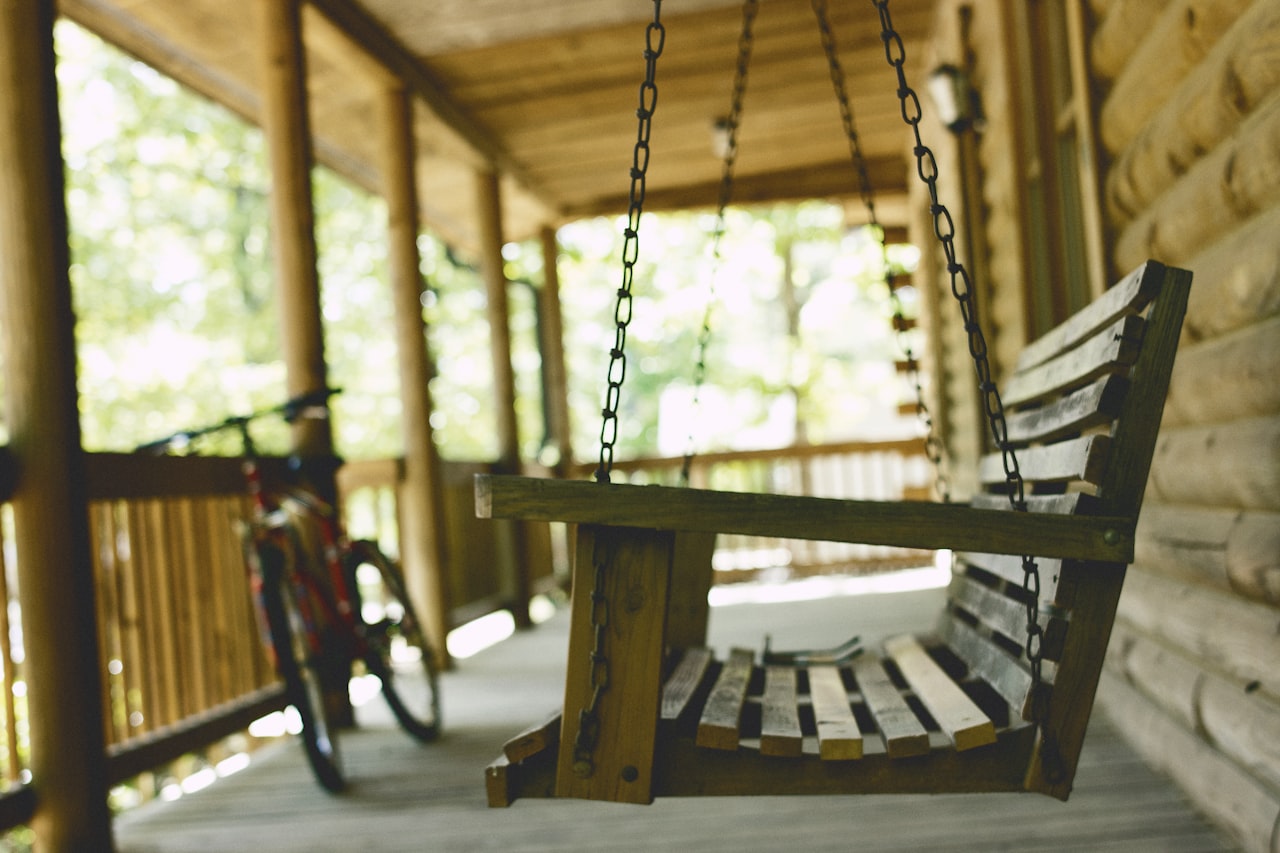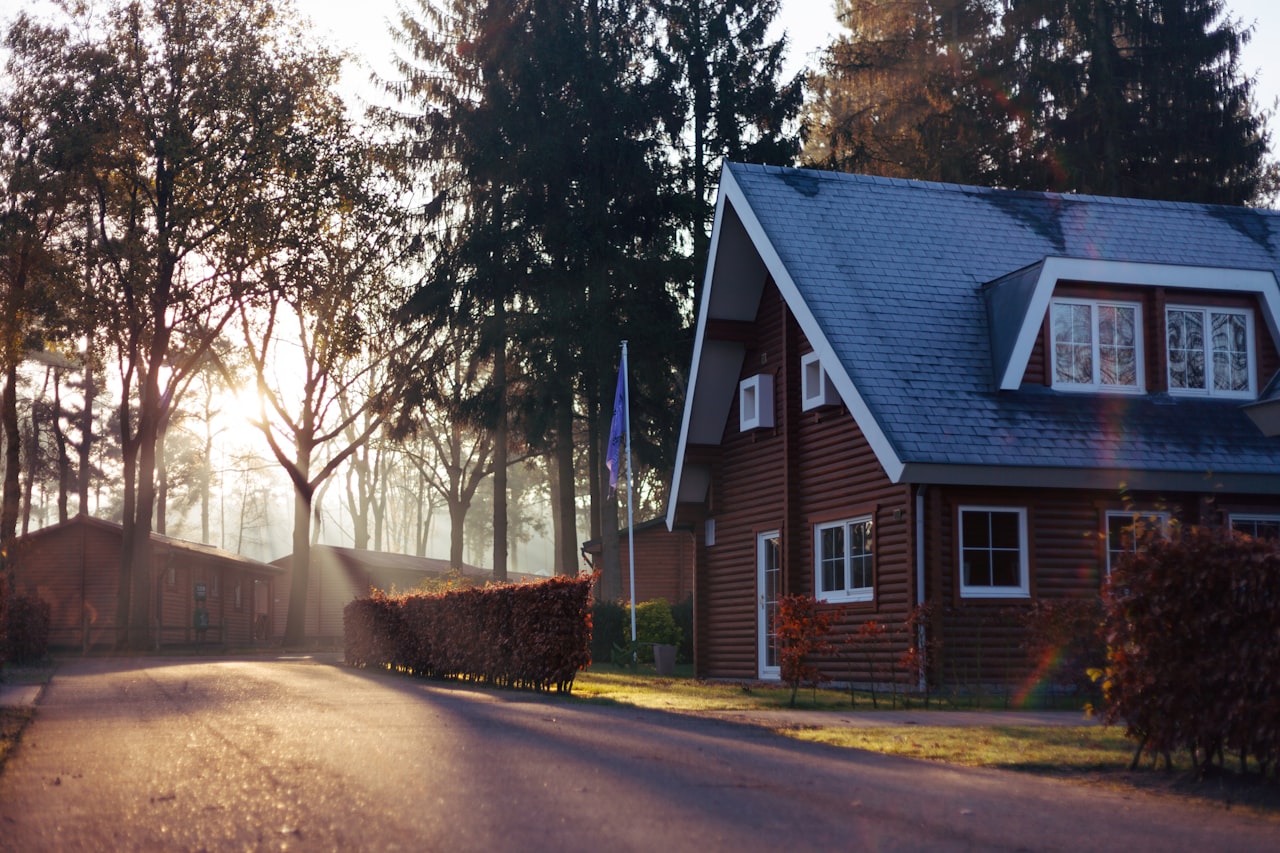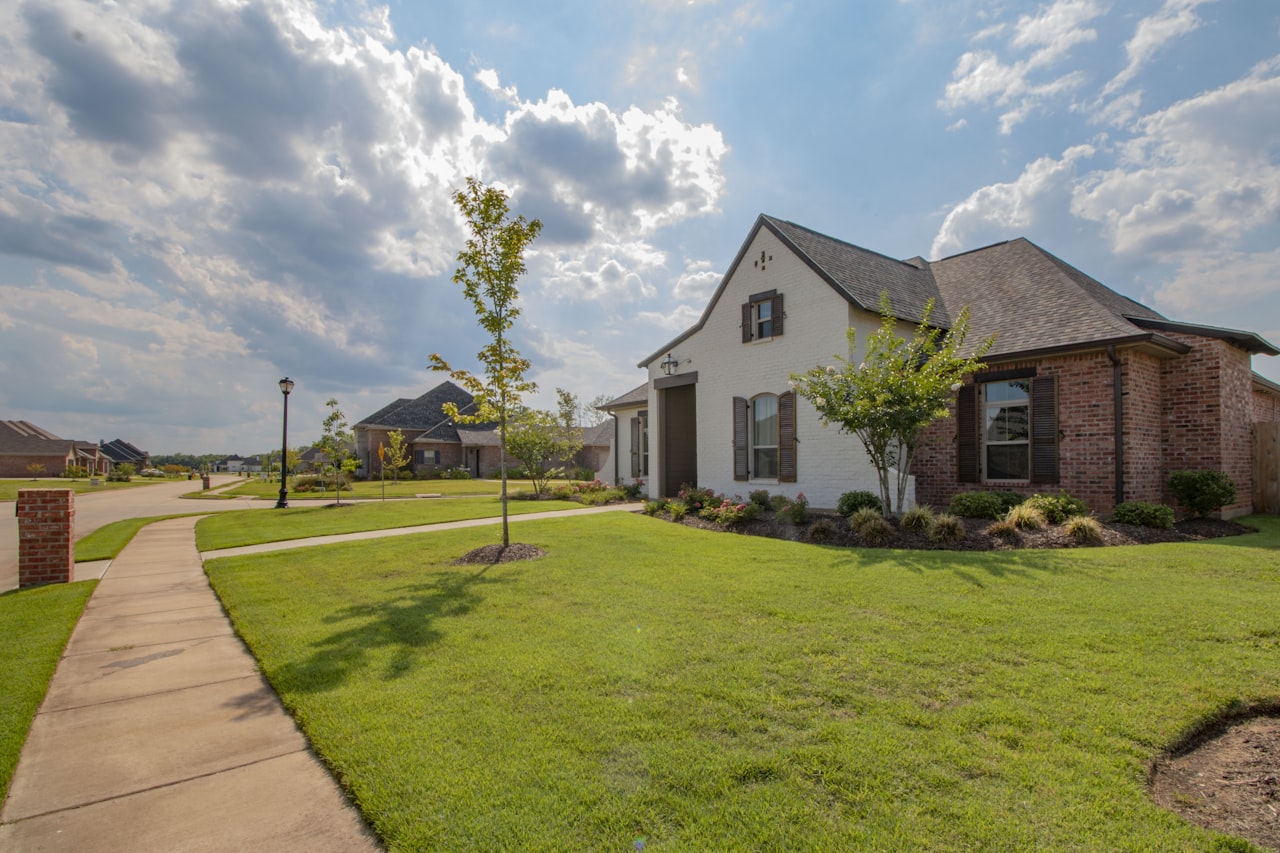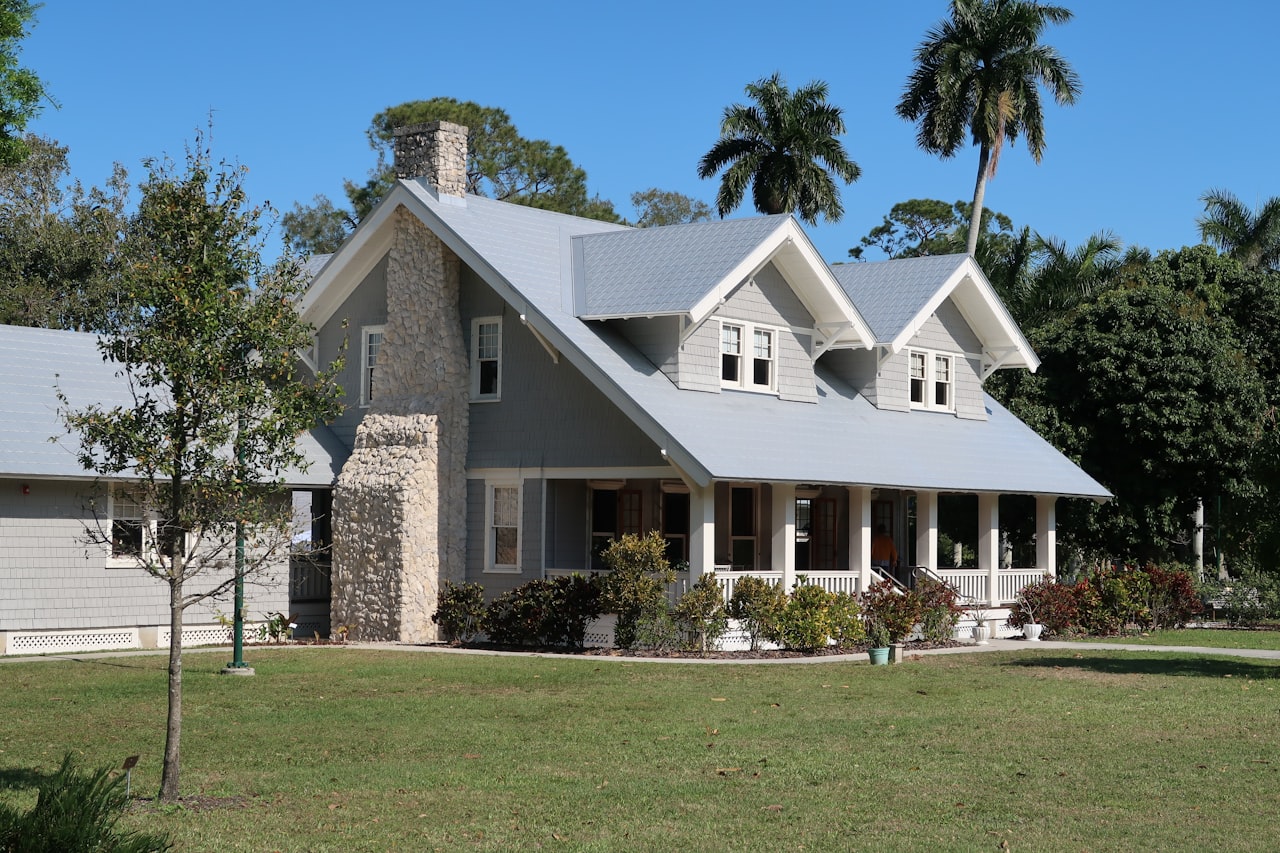Some expenses that come with buying a home are easier to account for than others. Knowing the costs associated with buying a home will not only help you budget accordingly but will also pinpoint which homes are truly affordable for you. In no particular order, here are ten costs you can expect to encounter when buying a home.
10 Costs Associated with Buying a Home
1. Down payment
The down payment is a lump sum paid by the buyer upfront. The exact amount required varies by lender and loan type, but in general, a substantial down payment will help decrease your monthly payments. Making a traditional twenty percent down payment means less risk for your lender, opening the door for lower interest rates and avoiding the need for private mortgage insurance (PMI). But if you can’t come up with that much, it’s not a dead end. PMI and its various alternatives can help close the gap and provide a path to homeownership.
2. Homeowners insurance
Once you’ve purchased a home, there’s no time to delay in protecting it. A standard homeowners insurance policy typically covers your home, your belongings, injury or property damage to others, and any living expenses in the event of an insured disaster that renders your home unlivable. Homeowners' insurance policies provide coverage for the owner(s) living on the property. If you plan on renting out your home or dwellings on your property, you’ll need to purchase separate landlord insurance to cover your tenants.
3. Mortgage payment
There’s a give and take with mortgage payments—the more you pay down your home, the more equity you build. Unless you’re making an all-cash offer, you can expect to budget for mortgage payments. Use the general rule that your house payments should be roughly 25% of your take-home pay. Use an online mortgage calculator to get an idea of what you can afford.
4. Closing costs
Before your home purchase is a done deal, you can expect to pay closing costs, which usually total somewhere between 2-5% of the total mortgage value. The terms of the purchase agreement will dictate how you and the seller will split the closing costs. They include but are not limited to underwriting fees, credit check fees, title insurance, and title search, escrow fees, and more. These expenses can add up, so be sure you’re prepared when it comes time for closing day.
5. HOA fees
For those who are buying in developments governed by a homeowner’s association or are purchasing a townhouse or condo, you’ll likely have to pay HOA fees on top of your monthly mortgage payment. HOA fees, usually paid monthly, go towards maintaining the shared spaces, property, and amenities within the community. Before moving forward with your purchase, determine if the property is under the governance of a homeowner’s association and the cost of the fees.
6. Property taxes
Your annual property tax is calculated by multiplying the assessed value of your home by the tax rate. This figure is broken down into monthly installments and added on top of your mortgage payment. Because property taxes are based on the assessed value of your home, they are subject to change. If the assessed value of your home increases over time, so will your property taxes.
7. Repairs and remodeling
Unless you’re buying new construction, your new home will likely need repairs. Even after having completed a thorough home inspection, underestimating repairs expenses can be a costly mistake. Certain repairs may require the help of a professional, and while hiring them will ensure your home is in good hands, their services come with a price. If you’re buying with the intention of remodeling, remember to leave room for the other costs on this list before breaking ground on any projects.
8. Appraisal and inspection fees
Not only will a home inspection allow you to negotiate repairs and concessions with the seller, but it will also help you budget for the home repairs you’ll need to make in the future. An appraisal, carried out by a licensed third party, will determine your home’s appraised value—or in other words, how much the bank thinks your home is worth. Both fees can cost upwards of a few hundred dollars each.
9. Utilities
One of the first steps you’ll take in your new home is setting up your utilities. In general, the larger the property the more you can expect to pay in utilities. Electricity, gas, water, sewer, and trash, and recycling pickup are just a few of the utilities you can expect to arrange for your new home. Get an early start on this list to avoid a situation where you need heat or running water, only to realize they haven’t been set up yet.
10. Moving costs
Often buyers can be so taken with the prospect of living in their new home that they forget to account for the costs it will take to move there. Set a timeline, take inventory of the items in your home, and stay organized throughout the process to make the moving process as efficient as possible. For more moving tips, read our guide on how to Make Your Move.
SOURCE: Windermere Blog

















































